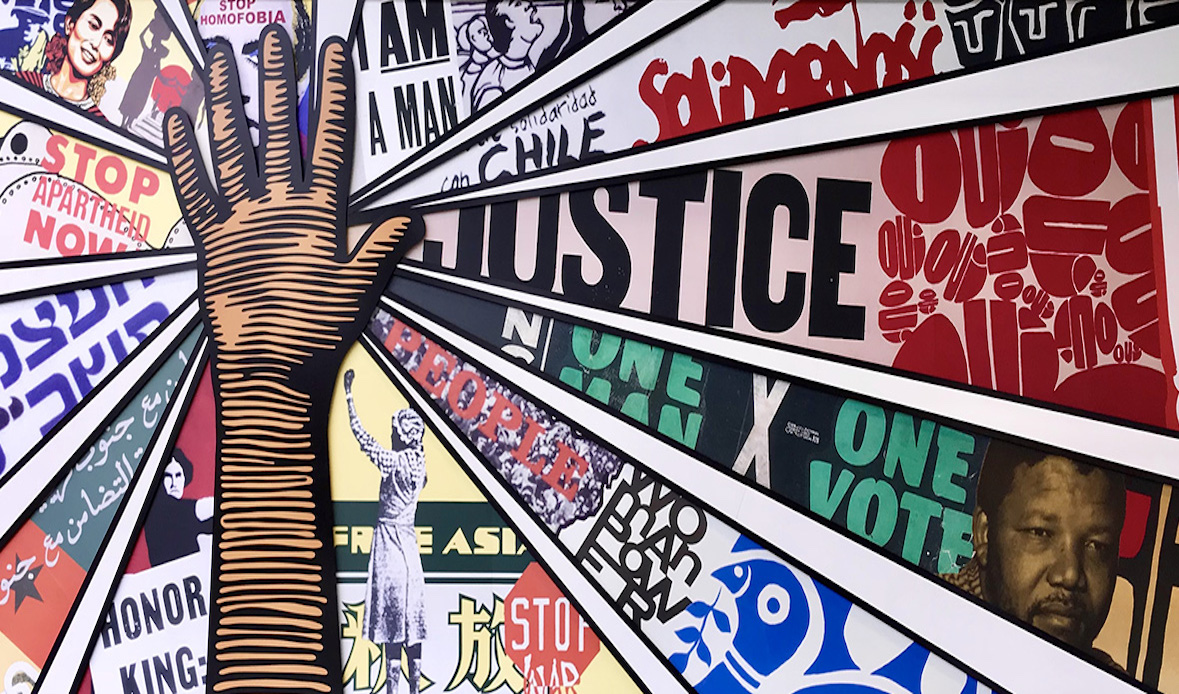AIDAN M. SMITH-FAGEN WRITES — Last month, both America and China released government reports on each other’s human rights failures. Although nothing in the reports is wholly unexpected, given the tense US-China summit last month, the two documents provide insight into the struggle for global diplomatic credibility between the two countries.
Released last week, the State Department’s 2020 Country Reports on Human Rights Practices is its annual review of human rights in all UN member states, as well as countries receiving US assistance. The reports combine both private government and public information to detail human rights violations across the world, including those of US allies Canada and the United Kingdom.
The country report on China largely extends the criticisms of the 2019 version. Predominantly featured across most subsections was the “[genocide] and crimes against humanity [occurring] during the year against the predominantly Muslim Uyghurs and other ethnic and religious minority groups in Xinjiang.” The 78 page report goes on to detail “unlawful killings by the government; forced disappearances by the government; torture by the government […] pervasive and intrusive technical surveillance and monitoring; serious restrictions on free expression” and Communist Party control of the judiciary, none of which are new additions to the US’ list of Chinese human rights violations.

But Secretary of State Blinken’s comments on the annual report did mark a change in tone from the Trump administration. Announcing the report on March 30th, Blinken acknowledged accusations of American hypocrisy: “We will hear from some countries – as we do every year – that we have no right to criticize them because we have our own challenges to deal with. Well, we know we have work to do at home. That includes addressing profound inequities, including systemic racism. We don’t pretend these problems don’t exist or try to sweep them under the rug. […] We deal with them in the daylight, with full transparency.”
Blinken’s recognition of America’s domestic troubles was no doubt a direct response to China’s public position on US human rights.
In contrast to America’s lengthy reports on the entire world, China’s Report on the Human Rights Violations in the United States in 2020 runs just under 20 pages and is focused solely on America. In writing the document, the PRC used the exact attacks referenced by Blinken: “The U.S. government, instead of introspecting on its own terrible human rights record, kept making irresponsible remarks on the human rights situation in other countries, exposing its double standards and hypocrisy on human rights.”

The State Council Information Office’s report also reads far more aggressively in tone than its US counterpart, leading with references to the US’ most public and egregious human rights violations. The document’s first line is “I can’t breathe!”- George Floyd’s dying words. It goes on to detail the Trump administration’s inability to control COVID-19, economic inequality, systemic racism and political turmoil.
The public nature of these controversies allows the Information Office to continue the Chinese narrative about the decline of American democracy and world leadership. In the opening paragraph, the report remarks that “the United States, which has always considered itself an exception and superior, saw its own epidemic situation go out of control […] It further added to the human rights violations in the country, the so-called ‘city upon a hill’ and ‘beacon of democracy.'” Woven throughout the report is commentary on the loss of US credibility as a supposed leader in human rights and democracy.
Despite the deep criticisms lobbied from both sides of the Pacific, America and China seem to agree on at least one thing: international governing systems are crucial to solving global problems. The State Council Information Office dedicates an entire subsection to the harm caused by US rejection of global institutions, such as the Trump administration’s withdrawal from the World Health Organization and the Paris Climate Accords. Additionally, the office noted that defeat of COVID-19 “requires mutual help, solidarity and cooperation among all countries.”

Likewise, Secretary Blinken’s announcement of the 2020 report reiterated the Biden administration’s plan to “engage in multilateral institutions, even flawed ones like the UN Human Rights Council, because we can do much more to move them in the right direction when we have a seat at the table instead of staying outside of the room.”
The subtext of these statements is a competition for global leadership. China is seeking to point out the flaws and failures of US foreign policy, implicitly (and sometimes explicitly) offering itself as an alternative. Meanwhile the Biden administration continues to signal that “America is back” and willing to lead global institutions.
The Sino-US tug-of-war for global influence is likely to continue in the near future. However, whoever wins that struggle will depend less on the strength of government statements and more on whether each side delivers on those commitments. With the world still facing a pandemic, climate change and a multitude of civil wars and coups, both America and China have a long to-do list when it comes to building credible reputations as reliable global leaders.
Senior Aidan M. Smith-Fagen is a Political Science and International Relations major at LMU.

